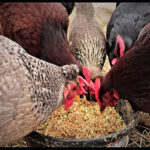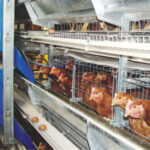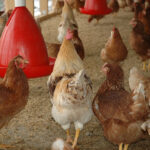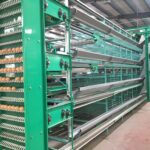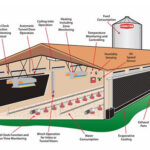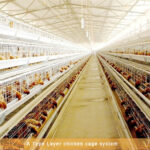How do chicken farmers have a good anti-epidemic effect on farms?
The poultry farming equipment and epidemic prevention work required for raising chickens is a work that cannot be ignored. The epidemic prevention is good, and the flock can reduce or avoid the occurrence of infectious diseases. Therefore, how to raise chickens and prevent epidemics, immunity is the key and key to epidemic prevention, and the effectiveness of immune is the key to the success of chickens. To get a good result of immunization, the author reminds farmers to do the following things and key points.
1. Regular disinfection every day: reasonable disinfection can kill pathogenic microorganisms in the house and reduce the spread of bacteria. The health of the chicken has a very important impact on the immune effect, only from the health of the crowd and the house. In terms of conditions, the defense mechanism is active in order to have a strong immune response to the vaccine.

2. Development of immunization methods and procedures: Different diseases will use different immunization methods. Therefore, farmers should replace the prevalence of diseases and local diseases according to the parents of the flocks, and develop a reasonable scientific immunization plan and immunity level, so as to effectively ensure the occurrence of flock diseases.
3. Choose a quality vaccine: How the quality of the vaccine can directly determine the quality of the immune effect, so farmers choose a vaccine suitable for chicken farms according to the advantages and disadvantages of the vaccine. The use of the vaccine should be carried out in strict accordance with the instructions. Vaccines without manufacturer, approval number or expired, improper storage should not be used.
4. Drinking water should be noted that drinking water immunity is a simple and effective method of immunization selected by many farmers. When cultivating chickens using drinking water, farmers should ensure that the water is free of chlorine, disinfectants, detergents and other substances that kill the vaccine. Each chicken is given an appropriate immunization dose. After the interval between immunizations, the immune chickens are monitored for immunity to see if the vaccine is immune.
The above are the items that farmers should pay attention to when using poultry breeding equipment in the process of raising chickens, as well as some important points and precautions of how to prevent epidemics, and hope that the above can bring some help to farmers.
